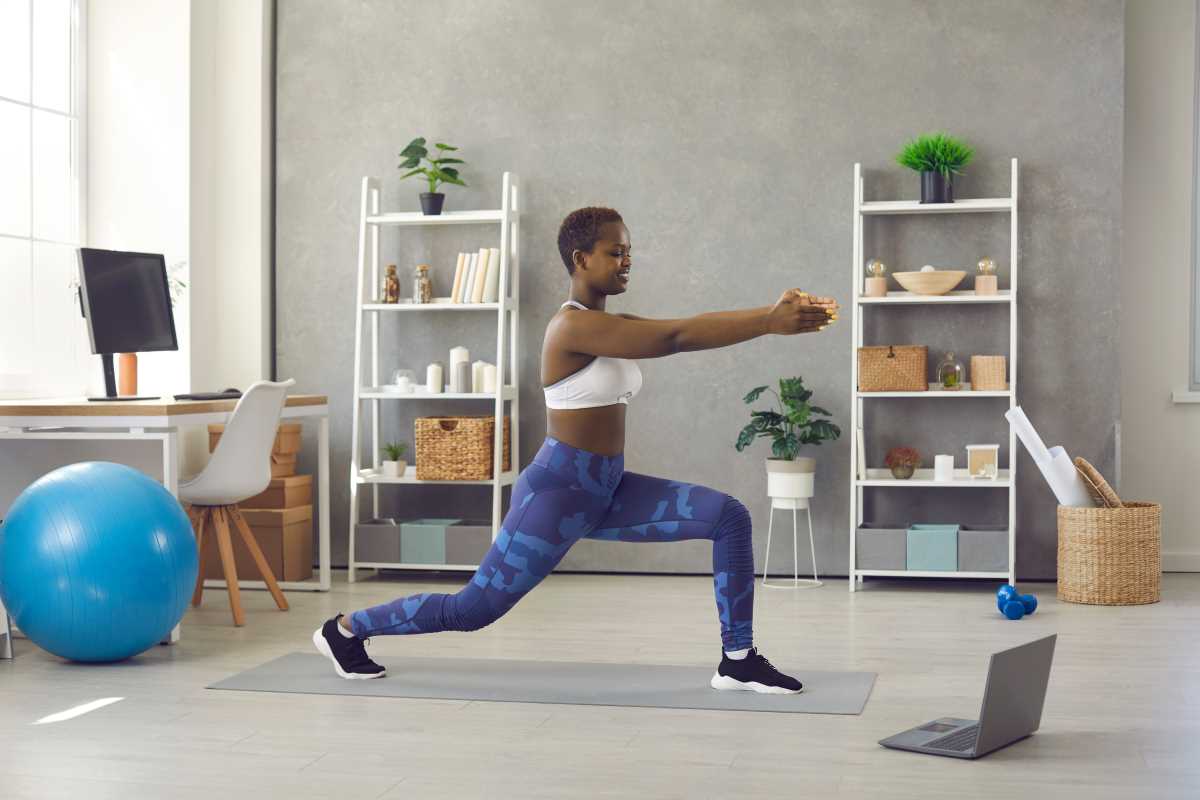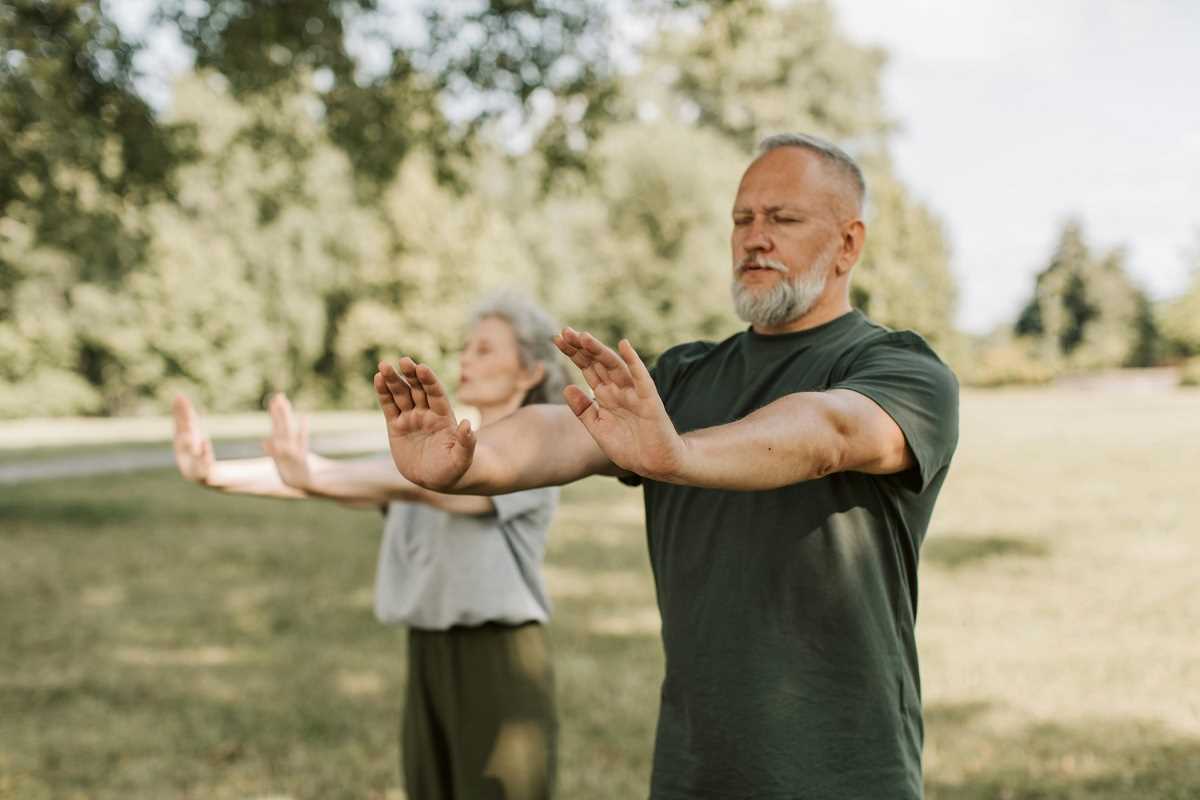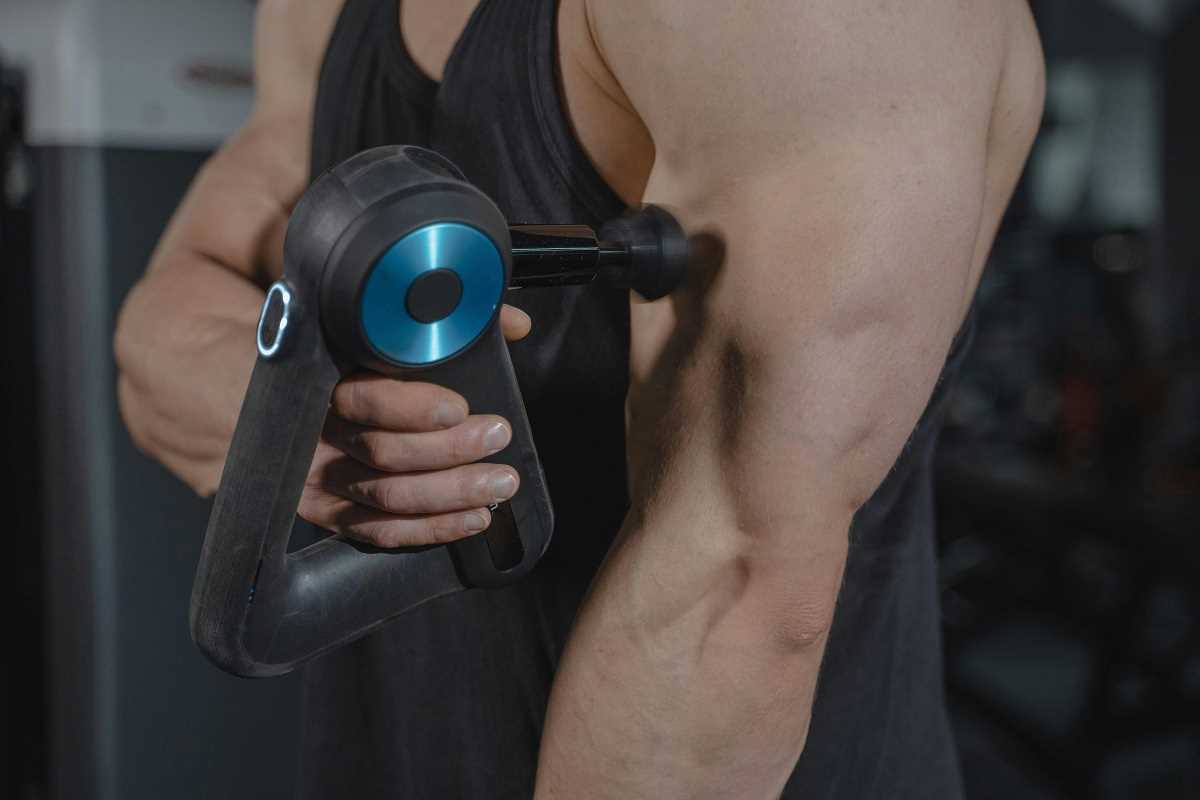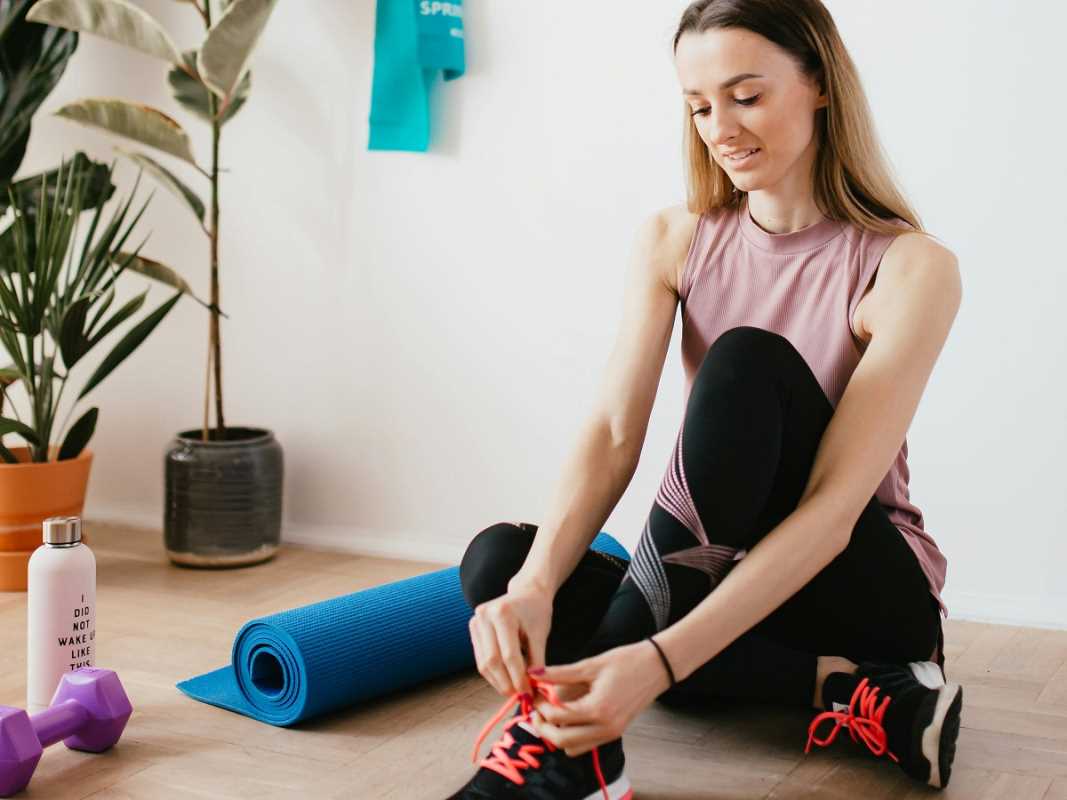Ever feel like your body’s recovery after a workout could use a little boost? While protein and other popular supplements often steal the spotlight, vitamins play a major role in helping your body repair and recharge efficiently. The right nutrition can make all the difference from reducing inflammation to replenishing energy and supporting muscle recovery.
If you’re looking to optimize your recovery game, vitamins like Vitamin D, Vitamin C, Vitamin E, and B-complex vitamins are a great place to start. Here’s why they matter and how to get them into your daily routine.
Why Vitamins Matter for Recovery
Think of your body like a finely-tuned machine that needs top-quality fuel to run smoothly. Workouts can be tough on your system, leaving tiny tears in your muscles, depleting energy reserves, and even causing inflammation. Your body is designed to heal and adapt, but giving it the right vitamins ensures it works as efficiently as possible.
When you give your body what it needs, you’ll feel less soreness, bounce back faster, and even boost your performance in the long run. And the best part? You can load up on these vitamins through everyday foods or supplements, making it easier than ever to support your recovery.
Vitamin D: The Sunshine Helper
Vitamin D is often associated with bone health, but it also plays a vital role in recovery, especially for active individuals. It helps regulate inflammation and supports muscle function, which is key after a tough workout.
Why It’s Important
Vitamin D helps your body absorb calcium, which is crucial for muscle contractions and overall strength. It also plays a role in reducing inflammation, making it easier for your muscles to recover after a strenuous session. Low levels of Vitamin D have been linked to fatigue and slower recovery times, so maintaining adequate levels will help you recharge more quickly.
How to Get More
- Food Sources: Fatty fish like salmon, mackerel, and tuna are great options. You can also find Vitamin D in egg yolks and fortified foods, such as milk and cereals.
- Sunshine: Spending 10–30 minutes outside in the sun a few times a week helps your body produce Vitamin D naturally.
- Supplements: If food and sun aren’t enough, consider a Vitamin D supplement, especially during the winter months when sunlight is limited.
Vitamin C: The Antioxidant Powerhouse
Vitamin C is well-known for boosting your immune system, but did you know it’s an essential player in muscle recovery too? This antioxidant works to reduce oxidative stress and inflammation after exercise, helping your body bounce back faster.
Why It’s Important
When you work out, your muscles produce free radicals, which can cause damage if left unchecked. Vitamin C acts as a shield, neutralizing these free radicals and reducing muscle soreness. It also supports collagen production, which strengthens tissues and helps repair damage.
How to Get More
- Food Sources: Stock up on fruits and veggies like oranges, strawberries, kiwi, bell peppers, and broccoli.
- Supplements: If you’re not hitting your vitamin C goals through food, consider a daily supplement in chewable or capsule form for convenience.
Pro Tip
Pair Vitamin C-rich foods with iron-rich items (like spinach or red meat) to maximize iron absorption, which is another key factor in recovery.
Vitamin E: Protecting Your Muscles
Vitamin E doesn’t always get the spotlight, but it’s a powerhouse for muscle recovery. This fat-soluble antioxidant reduces inflammation and repairs muscle damage caused by an intense workout.
Why It’s Important
During exercise, tiny tears occur in your muscles. Vitamin E works to repair these tears by protecting your cells from oxidative damage. It can also help reduce delayed-onset muscle soreness (that second-day soreness we all love to hate).
How to Get More
- Food Sources: Reach for nuts, seeds, spinach, avocados, and sunflower oil to up your intake naturally.
- Supplements: For those who struggle to get enough Vitamin E through food, a supplement can help fill the gap.
Pro Tip
Vitamin E is fat-soluble, meaning it’s best absorbed when paired with healthy fats. Snack on almonds or drizzle some olive oil over a salad for a double-duty dose of nutrition.
B-Complex Vitamins: The Energy Boosters
If you’ve been feeling sluggish after your workouts, your body might be running low on B-complex vitamins. These include a group of vitamins like B1 (thiamine), B2 (riboflavin), B6, B9 (folate), and B12, all of which are key players in turning the food you eat into energy. They also support red blood cell production, which is crucial for oxygen delivery to your muscles.
Why They’re Important
B Vitamins help regulate energy metabolism, keeping you fueled during and after a workout. Vitamin B6 and B12, in particular, support the repair of muscle tissue and red blood cell production so you can recover faster and feel more energized.
How to Get More
- Food Sources: Include whole grains, lean meats, eggs, dairy, leafy greens, and legumes in your meals.
- Supplements: If you follow a plant-based diet, you may need a B12 supplement, as it’s typically found in animal products.
Pro Tip
Don’t rely on energy drinks loaded with B vitamins to meet your needs. Stick to whole foods or high-quality supplements for more balanced nutrition.
Practical Tips for Incorporating Vitamins
While supplements are helpful, it’s always best to get your nutrients from food first. A well-rounded diet full of colorful fruits, vegetables, and lean proteins will provide most of the vitamins your body needs to recover effectively. Here are a few simple ways to pack more vitamins into your day-to-day meals.
1. Smoothie Boost
Blend spinach, oranges, and a handful of almonds into your smoothies to hit your Vitamin C, E, and B-complex goals in one shot.
2. Meal Prep with Recovery in Mind
Prepare meals like baked salmon with roasted broccoli and quinoa. The salmon provides Vitamin D, while the broccoli and quinoa deliver a mix of Vitamin C and B vitamins.
3. Snack Smart
Keep nuts, seeds, and fruit handy for quick snacks that are packed with recovery-boosting vitamins.
4. Know Your Timing
For certain vitamins, timing matters. Have a Vitamin C-rich snack post-workout to fight free radicals right away. Pair your B-complex intake with carbs for sustained energy throughout the day.
5. Check Your Diet Gaps
If you can’t seem to get enough of a specific vitamin through food (looking at you, Vitamin D), a high-quality supplement can help bridge the gap. Talk to a healthcare provider to find the right dosage for you.
Vitamins play a massive role in helping your body recover and rebuild after physical activity. By focusing on Vitamin D for muscle function, Vitamin C and E for inflammation and cell repair, and B-complex vitamins for energy and red blood cell support, you’ll feel stronger, less sore, and ready to tackle your next workout.
 (Image via
(Image via





